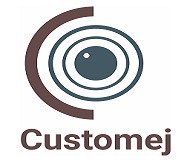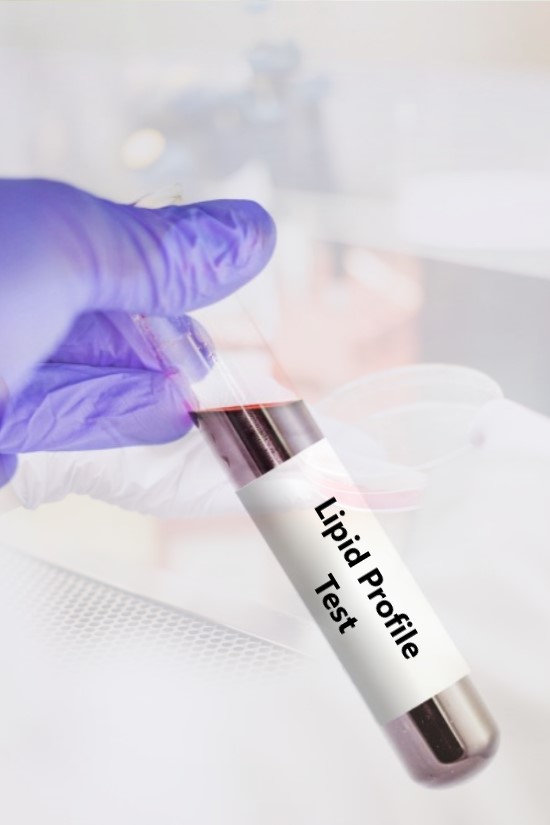In today’s fast-paced world, our lifestyle and dietary choices often impact our long-term health, particularly our heart health. The lipid profile test is a key diagnostic tool that helps assess the risk of heart disease and related conditions by examining the levels of different fats in your blood. For those interested in an easy, hassle-free way to keep their heart health in check, here’s everything you need to know about the lipid profile test—and how you can take this essential test from the comfort of your home with a convenient home collection service.
What is a Lipid Profile Test?
A lipid profile test, also known as a lipid panel, measures four key types of fats (lipids) in your blood:
- Total Cholesterol – This measures the overall amount of cholesterol in your blood, which includes both “good” and “bad” cholesterol.
- Low-Density Lipoprotein (LDL) Cholesterol – Often called “bad cholesterol,” high levels of LDL can lead to plaque buildup in the arteries.
- High-Density Lipoprotein (HDL) Cholesterol – Known as “good cholesterol,” HDL helps to remove LDL cholesterol from your arteries, reducing your risk of heart disease.
- Triglycerides – Excess calories, sugar, and alcohol in your body are converted into triglycerides, a type of fat stored in your cells.
The test provides a comprehensive snapshot of these different lipids, giving your healthcare provider valuable insights into your cardiovascular health and potential risks.
Why is the Lipid Profile Test Important?
A lipid profile test can help detect early signs of conditions like atherosclerosis (narrowing of the arteries), which can lead to heart disease, stroke, and other serious health issues. For individuals who have risk factors such as obesity, a sedentary lifestyle, smoking, or a family history of heart disease, regular monitoring is crucial. By identifying abnormal cholesterol levels early, the test can prompt lifestyle changes or medical interventions to reduce your risk.
Preparing for a Lipid Profile Test
To ensure accurate results, you may be asked to fast for 9-12 hours before the test. This means avoiding food, drinks (except water), and alcohol. Fasting helps to provide a clear view of your baseline lipid levels without interference from recent food intake.
For those opting for home collection service, preparation becomes simpler. A technician can arrive at your convenience, saving you time and allowing you to comfortably follow the fasting guidelines without the stress of travelling to a lab.
What Do Your Results Mean?
- Total Cholesterol: Levels below 200 mg/dL are typically considered optimal, while levels above this may indicate a higher risk of heart disease.
- LDL Cholesterol: An ideal level is less than 100 mg/dL. Higher LDL levels are associated with a greater risk of heart issues.
- HDL Cholesterol: Higher HDL levels (above 60 mg/dL) are generally protective against heart disease, while levels below 40 mg/dL can increase your risk.
- Triglycerides: Normal levels are below 150 mg/dL, with higher values linked to an increased risk of heart disease.
Consulting with a healthcare provider to interpret your results is essential, as they can provide a detailed assessment based on your overall health.
The Convenience of Lipid Profile Test Home Collection
Today’s busy schedules don’t always allow for a trip to a diagnostic centre, especially if you’re balancing work, family, and other commitments. That’s where home collection service becomes highly valuable. By opting for home collection, you’ll receive:
- Comfort and Convenience: The test is performed at home, ensuring minimal disruption to your day.
- Time-Saving Solution: No need for a lab visit—simply schedule the test, and a professional technician will collect the sample.
- Accurate Results from the Comfort of Home: With a lipid profile test at home, you’re getting the same lab-quality analysis without the commute.
Who Should Get a Lipid Profile Test?
While lipid profile tests are commonly recommended for adults over the age of 20, they’re especially important for:
- Individuals with a family history of heart disease
- People with high blood pressure, diabetes, or obesity
- Smokers or those leading a sedentary lifestyle
- Anyone over the age of 45 for men and 55 for women, as age can increase risk
If you haven’t had a lipid profile test recently, or if you fall into any of these high-risk categories, now is an ideal time to consider a home collection for your lipid profile test.




